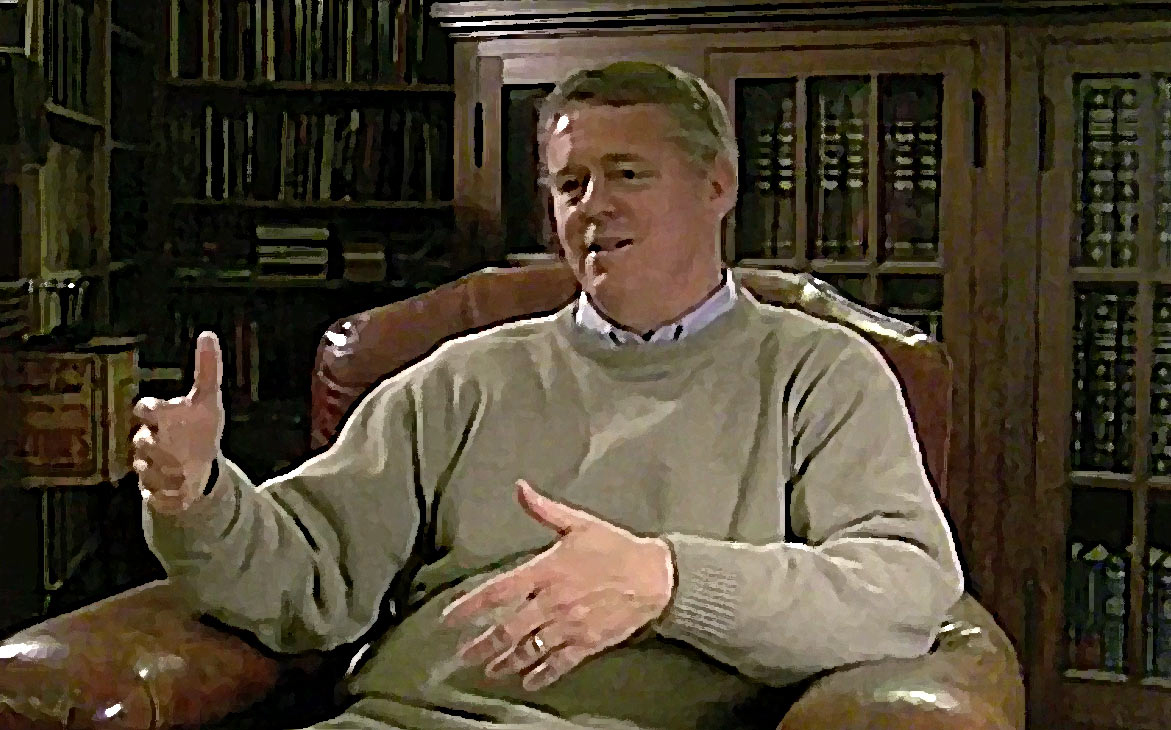Worried about its costs, Netflix has asked millions of customers to support so-called “net neutrality” policies to curtail the freedom of action of broadband companies like Comcast. Netflix, a huge suck of bandwidth, doesn’t want to have to make deals with ISPs like Comcast to deliver service to its customers.
One goal of “net neutrality” is to prevent Internet providers from affecting Internet access via such nefarious practices as charging different rates for different levels of service (a ubiquitous form of “discrimination” without which markets cannot function). Mises Institute writer Ryan McMaken wants to know what problem the new regulations are supposed to solve: “Who is being denied access to the web?”
Since the Internet first became generally available, it has become only more widespread, service only faster.
Any problems caused by existing government barriers to entry should be solved by dismantling those barriers. But according to FCC commissioner Ajit Pai, the voluminous new regulations go in the opposite direction, giving the agency “power to micromanage virtually every aspect of how the Internet works.”
The FCC has voted to proceed with the regulations. The result will likely throttle the quality of broadband service.
Netflix and other advocates of the regime have also foot-shootingly increased the chances of intrusive new regulations of their own net-based businesses.
Any sweeping assault on our liberty is hardly “neutral.” Regulations like those proposed always favor some over others, the essence of partiality. What we need from government is not “neutrality” with respect to our freedom, but consistent upholding of our right to it.
This is Common Sense. I’m Paul Jacob.






